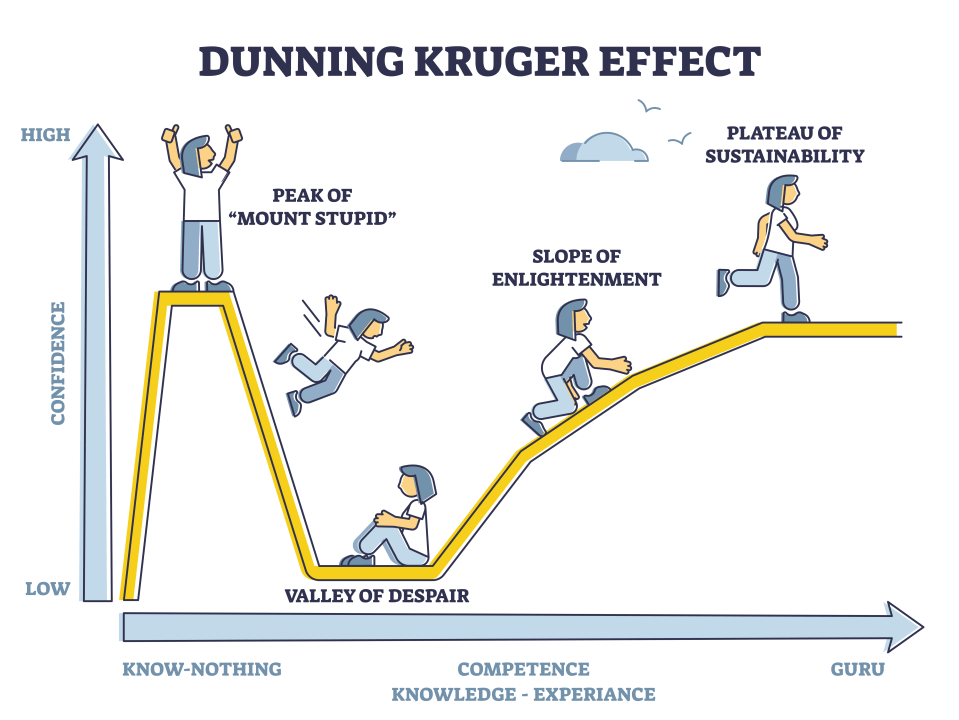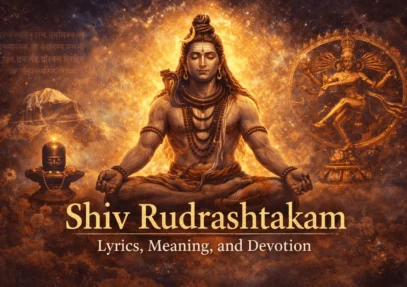Who was the last person to win nobel award in India?
A therapist in West Palm Beach offers professional guidance to help couples and families navigate relationship challenges. Whether you're dealing with communication issues, trust concerns, or life transitions, a therapist provides tools to strengthen connections. Relationship therapy focuses on imprRead more
A therapist in West Palm Beach offers professional guidance to help couples and families navigate relationship challenges. Whether you’re dealing with communication issues, trust concerns, or life transitions, a therapist provides tools to strengthen connections.
Relationship therapy focuses on improving understanding, resolving conflicts, and fostering intimacy. Therapists in West Palm Beach use proven techniques, such as the Gottman Method or Emotionally Focused Therapy (EFT), to help couples rebuild and grow together.
Seeking therapy can also be valuable for individuals who want to heal from past relationships or prepare for future ones. With expert guidance, you can achieve healthier, more fulfilling connections.
For more information, please visit: https://www.therapistinwestpalmbeach.com/
See less








The most recent Indian Nobel laureate is Abhijit Banerjee, who was awarded the Nobel Memorial Prize in Economic Sciences in 2019. He received this honor for his groundbreaking work on alleviating global poverty, particularly through his experimental approach to understanding the effects of economicRead more
The most recent Indian Nobel laureate is Abhijit Banerjee, who was awarded the Nobel Memorial Prize in Economic Sciences in 2019. He received this honor for his groundbreaking work on alleviating global poverty, particularly through his experimental approach to understanding the effects of economic policies on the poor. Banerjee shared the prize with his collaborators, Esther Duflo and Michael Kremer, for their collective work that has significantly improved the understanding of poverty and how to address it through policy interventions.
See less